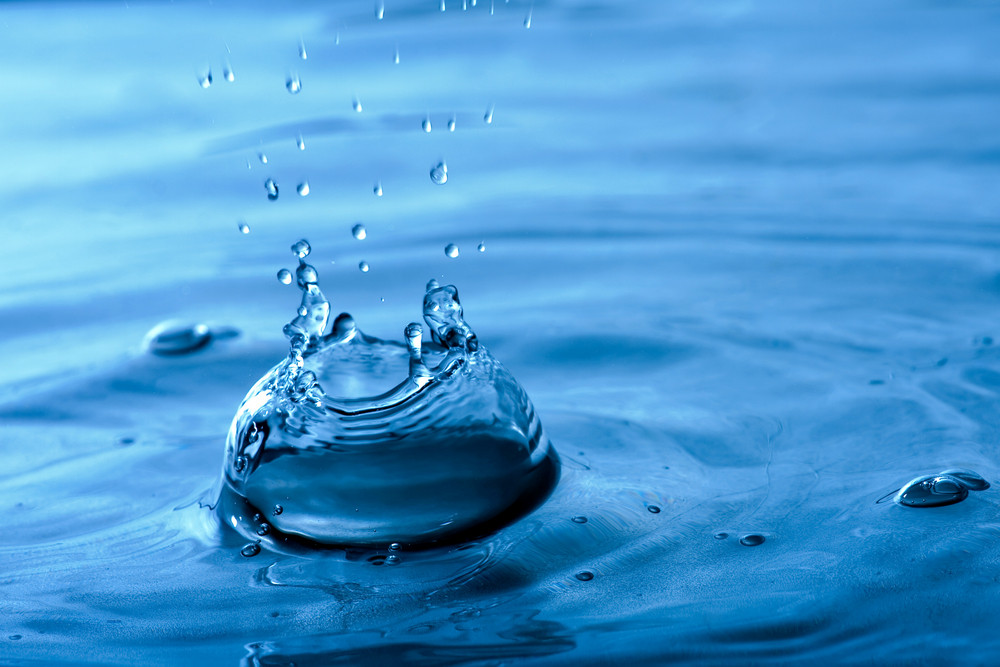Your home is your sanctuary and a big investment, so the last thing you need is water damage. Understanding the common causes of water damage in homes is the first step in preventing it from occurring or having a devastating effect. According to Ruby Home Real Estate, about 14,000 people are affected by water damage daily. Read on to see how you can avoid being one of those people that needs a water removal service.
1. Faulty Appliances
It may surprise you, but your appliances can have a role in ruining your nice floors. A faulty hose in a fridge, washing machine, or dishwater can flood your floors and require action from a water removal service. An outdated water heater can leak as sediment builds up inside or it reaches its life cycle. Don’t sleep on regular inspections, and have a contractor make energy-efficient appliance updates to reduce the chances of leakage. You may even get a tax rebate for such appliance updates from the local or federal government at tax time.
2. Plumbing Fixtures
As water constantly moves throughout your pipes and drains, age, clogs, and other mishaps can result in leaks. Toilets can overflow due to a sewer backup or someone may accidentally forget they are running water in the plugged-up tub or sink. A small crack may turn into a busted pipe, often resulting in major leaks. That’s why you should make sure your pipes have the necessary padding, and inspections to make sure everything is in compliance.
3. Storms
Heavy storms mean wet weather and winds that may damage roofs and windows. This creates an ideal situation for water to find its way into your home through several entry points such as the basement, attic, windows, and more. Take preventative measures by checking for cracks or gaps, especially near entry points like windows and doors.
4. Roof Damage
A leaky roof is more common than many homeowners would like. The type of roofing material, the age of the roof, and the last time you had an inspection all affect how easily water can come in. You may not notice damage from looking at your roof from the outside of your home, but dark and wet stains may appear on the ceiling and upper wall area.
Water damage can ruin your home’s foundation and the valuable possessions you have inside. From weather and bad appliances to human error, water damage can strike anytime. Contact our local water removal service at ServiceMaster if you need help with this issue.

